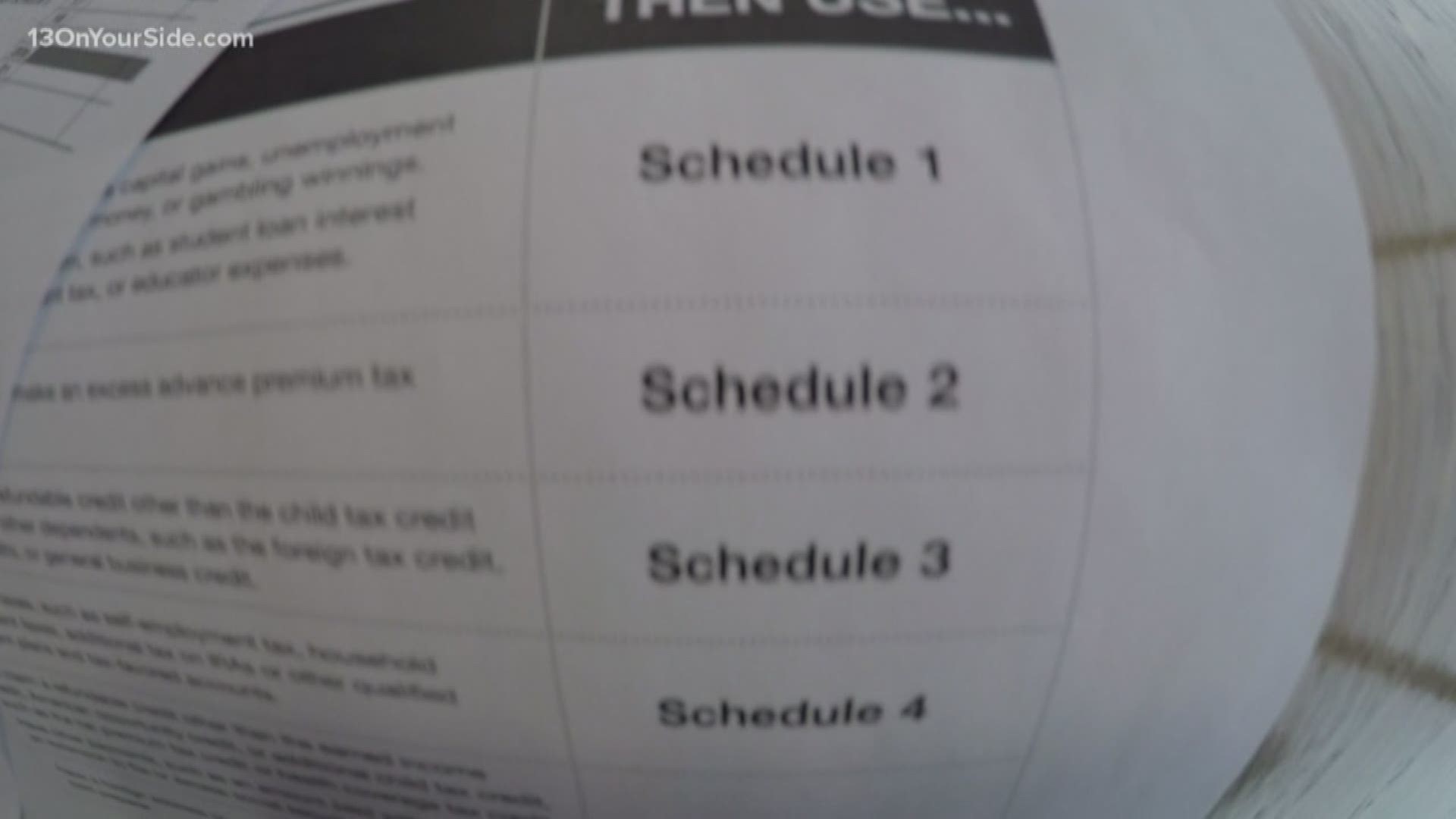GRAND RAPIDS, Mich. — While millions of Americans are enjoying a three-month extension for getting their taxes filed due to the coronavirus pandemic, that extra cushion doesn’t mean you should drag your feet.
“It gave anyone who was going to procrastinate more time to procrastinate, but why wait if you don’t have to?’’ said Ray Thomas, a tax accountant in Walker.
As it stands, federal and state tax returns need to be filed by July 15. The traditional deadline of April 15 was extended last month. City returns are now due at the end of July.
The sooner you file, the sooner you will see a refund, if one is coming, Thomas said.
Those who file electronic returns will see refunds quicker than those who use traditional mail. Refunds made through direct deposit also arrive quicker, he said.
“If you are expecting a refund, it will get money into your hands faster to help you through these trying times,’’ said Thomas, who has been in the business for 31 years.
Come tax time next year, Thomas said he expects all sorts of questions related to $1,200 economic relief payments and unemployment benefits tied to the coronavirus pandemic.
Recipients of economic relief payments do not have to worry about having it taxed by the government. “That is not declared as income, so it will not be counted as taxable income,’’ Thomas said.
Of greater concern, he said, are unemployment benefits.
“At this time, all unemployment is still taxable,’’ Thomas said. “You may want to consider having taxes taken out.’’
That may come as a shock to Michigan residents filing unemployment claims for the first time.
More than 1 million Michigan workers have filed for unemployment since mid-March, which accounts for more than a quarter of the state workforce.
And it is not just state payments. It also applies to federal unemployment relief under the federal CARES Act. The Coronavirus Aid, Relief and Economic Security Act includes $600 weekly payments to many of those receiving state unemployment, for up to four months. As of now, it is taxable.
For some workers, it is possible that the combination of state unemployment benefits and the $600 weekly federal payment will result in more money than they were making at work.
“People used to getting a tax refund may be shocked next year to find out they owe money,’’ Thomas said. “Plan ahead.’’
And for people working at home, Thomas offers this advice.
“You may want to have your employer reimburse you for any of those expenses so you can recoup those costs,’’ he said. “But they are not deductible at this time for anyone who is a W-2 employee working from home.’’
More stories on 13 ON YOUR SIDE:
►Make it easy to keep up to date with more stories like this. Download the 13 ON YOUR SIDE app now.
Have a news tip? Email news@13onyourside.com, visit our Facebook page or Twitter. Subscribe to our YouTube channel.


